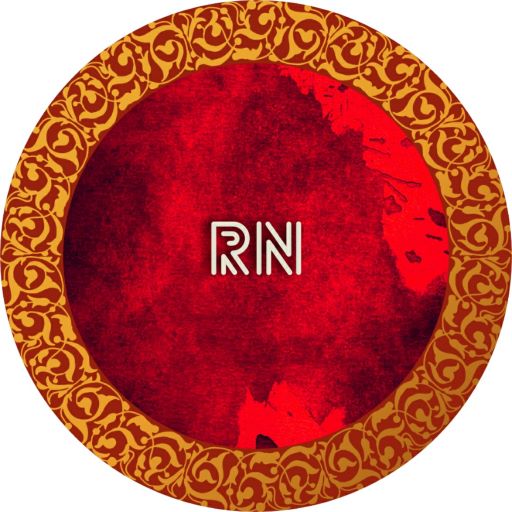| Article Section | |||||||||||
|
Home |
|||||||||||
Understanding Royalty Payments and Imported Goods: A Comprehensive Guide |
|||||||||||
|
|||||||||||
Discuss this article |
|||||||||||
Understanding Royalty Payments and Imported Goods: A Comprehensive Guide |
|||||||||||
|
|||||||||||
Introduction Understanding the customs value determination process under the Customs Act 1962 is crucial for businesses engaged in international trade. One essential aspect of this process is the valuation of goods, including royalties and license fees in the transaction value. Royalties and License Fees Royalties and license fees play a significant role in international trade, especially concerning acquiring or using protected rights such as patents, trademarks, or copyrights. In the context of imported goods, it is important to understand when these payments should be included in the transaction value. Valuation of Imported Goods The provisions of the Customs Act 1962 and the Customs Valuation (Determination of Value of Imported Goods) Rules of 2007 govern the determination of customs value for imported goods. The transaction value method is the primary approach, and certain additional costs, including royalties and license fees, may need to be included. Conditions for Adding Royalties and License Fees Understanding the conditions under which royalties and license fees should be added to the transaction value. If these payments are directly or indirectly connected to the imported goods and are considered a necessary part of the sale, they must be included. Importers must accurately assess whether royalty payments are related to the imported goods and are part of the conditions of sale to avoid customs valuation disputes. Condition of Sale The condition of sale is met when the buyer must pay royalties or license fees as a requirement for purchasing the imported goods. The seller or a related party can impose this obligation, and failure to recognise such payments can lead to disputes and penalties. Royalties Includable to Transaction Value of Goods Under Rule 10 (1)(c) of the Customs Valuation (Determination of Value of Imported Goods) Rules 2007, royalties paid to the manufacturer of imported goods or another entity should be included in the transaction value if they are considered a condition of the sale of imported goods. This also applies to multinational groups where royalties are paid between different members of the same group. Example To illustrate the inclusion of royalties in the transaction value, consider the scenario of an importer purchasing a patented concentrate and being required to pay royalties to the manufacturer. In this case, the royalty payment directly relates to the imported goods and should be added to the purchase price. Royalties and License Fee Exclusion While certain royalties and license fees must be included in the transaction value, there are instances where exclusion applies. This exclusion should be carefully considered based on the specific circumstances surrounding the imported goods. Summary In summary, importers must consider royalty payments in the transaction value of imported goods. Compliance with the WTO Agreement on Customs Valuation rules is essential, and staying informed about any updates in customs regulations is advised. Importers should carefully assess whether royalty payments are related to the imported goods as a condition of sale to avoid disputes and potential penalties. By understanding the inclusion of royalties and license fees in the valuation of imported goods, businesses can navigate international trade more effectively and ensure compliance with customs regulations.
By: raghunandhaanan rvi - June 13, 2024
|
|||||||||||
Discuss this article |
|||||||||||
 9911796707
9911796707

